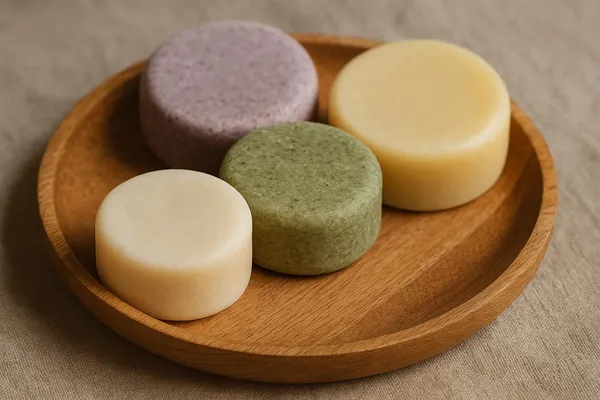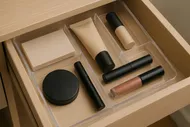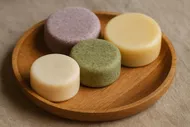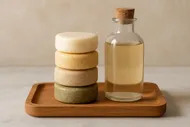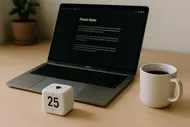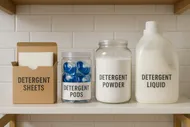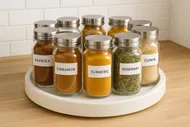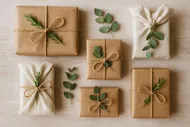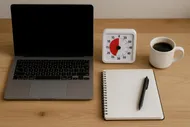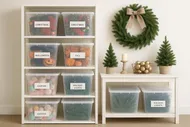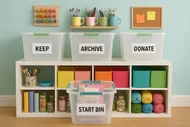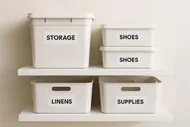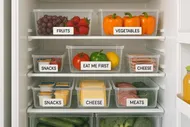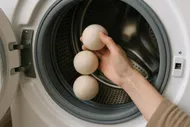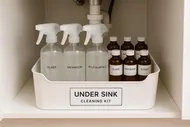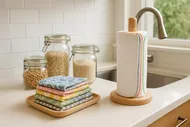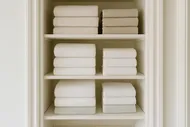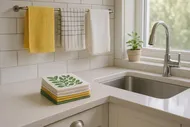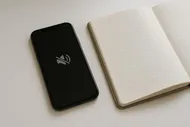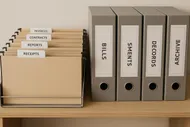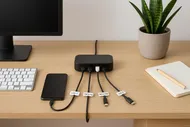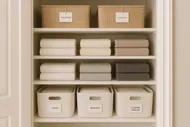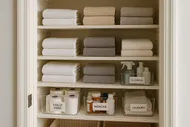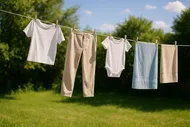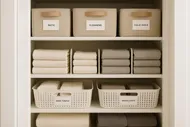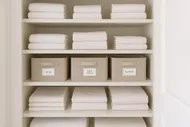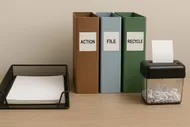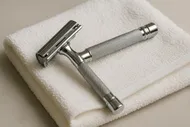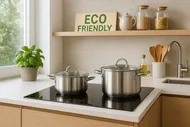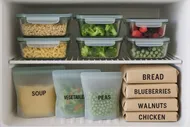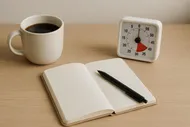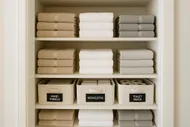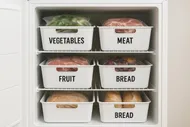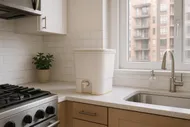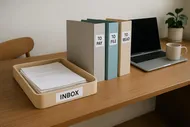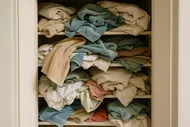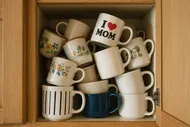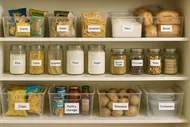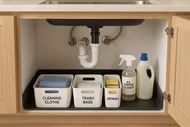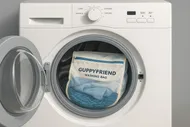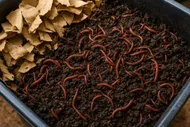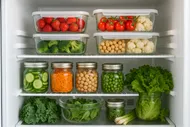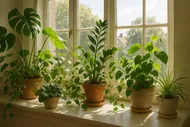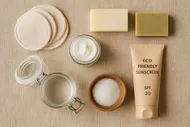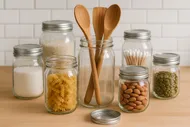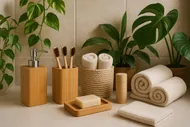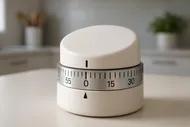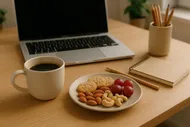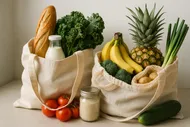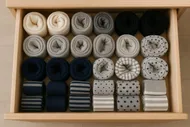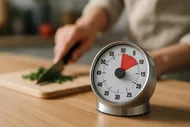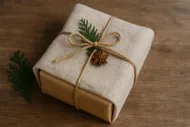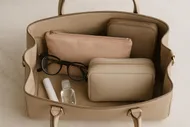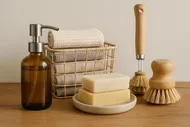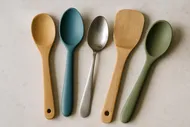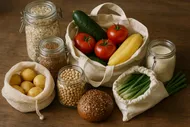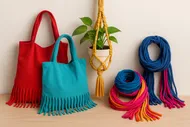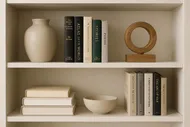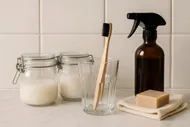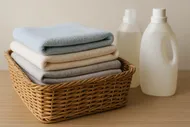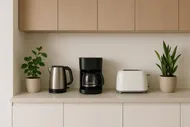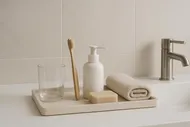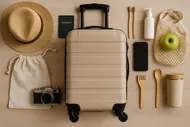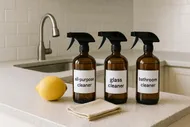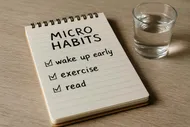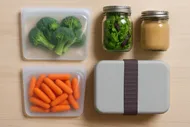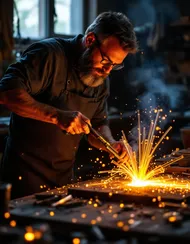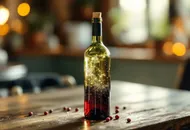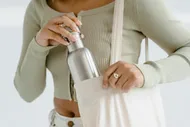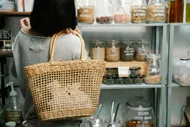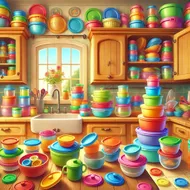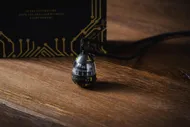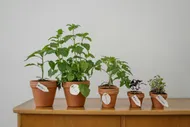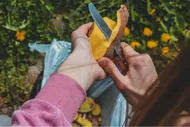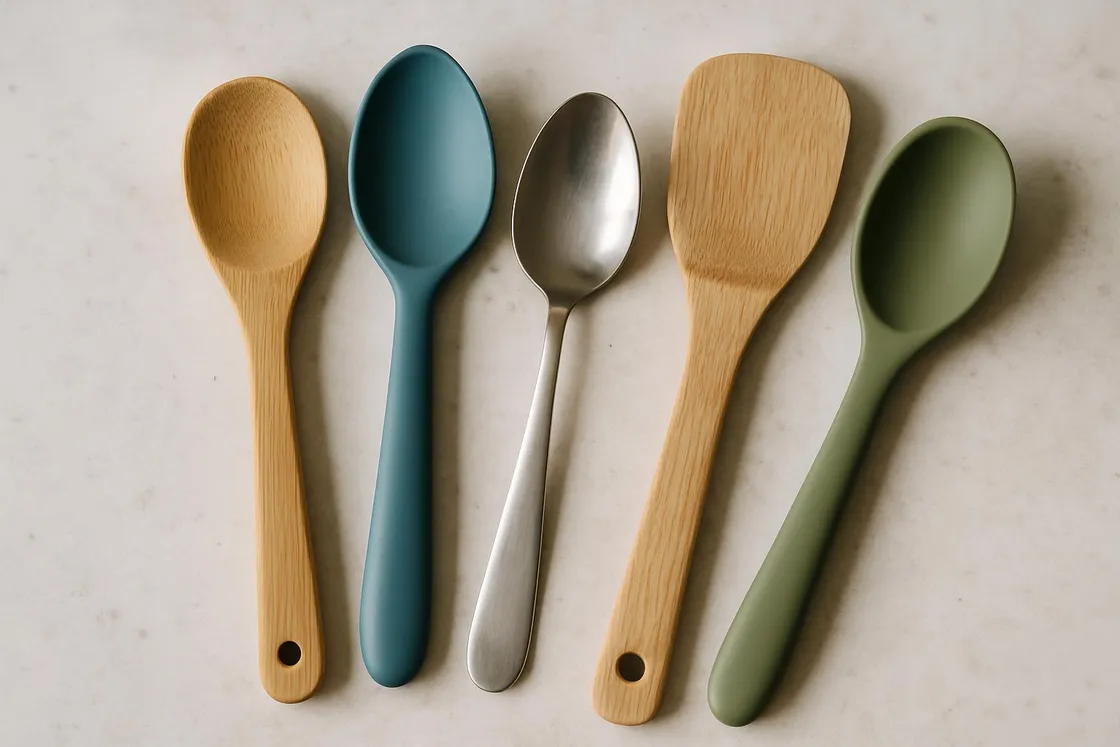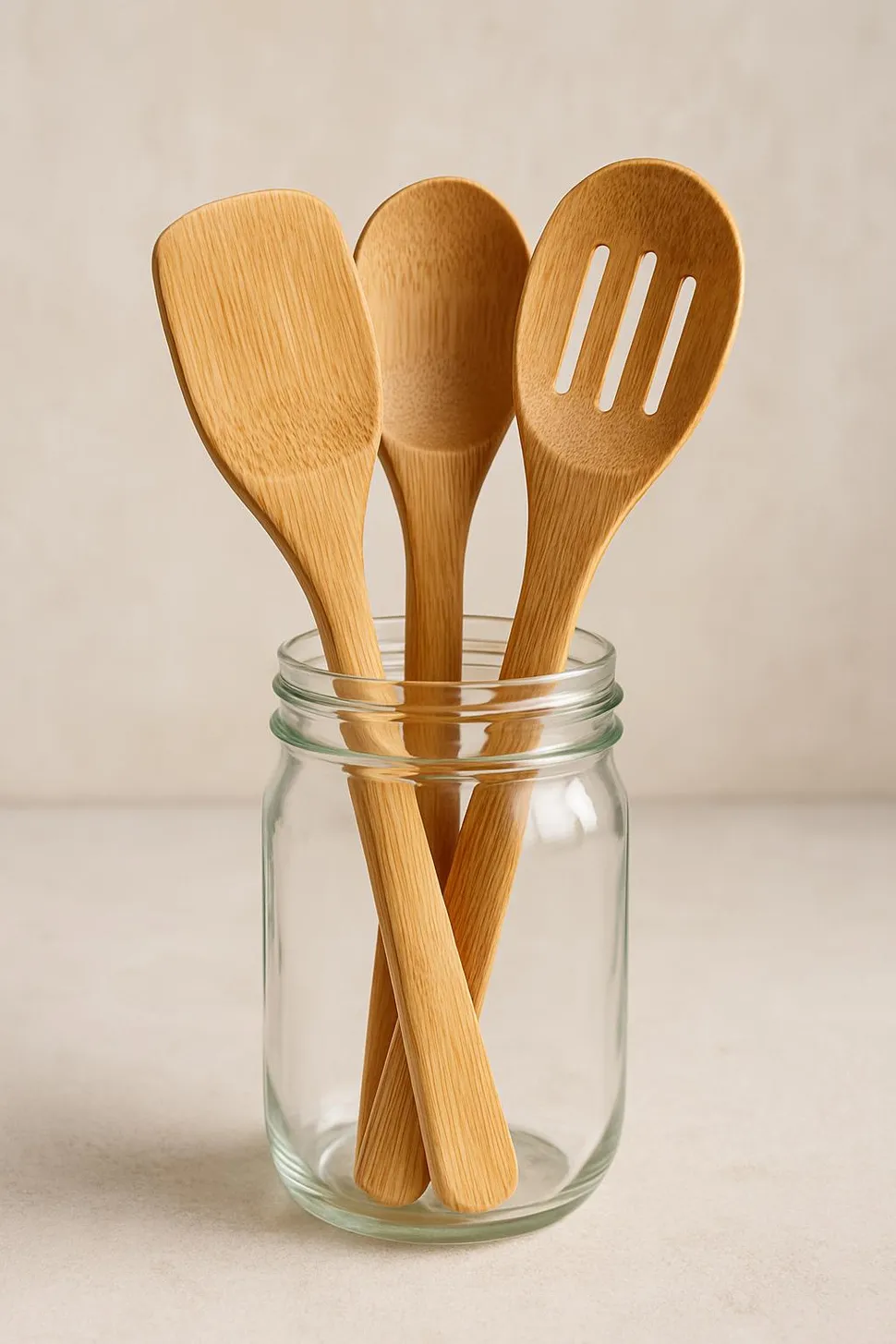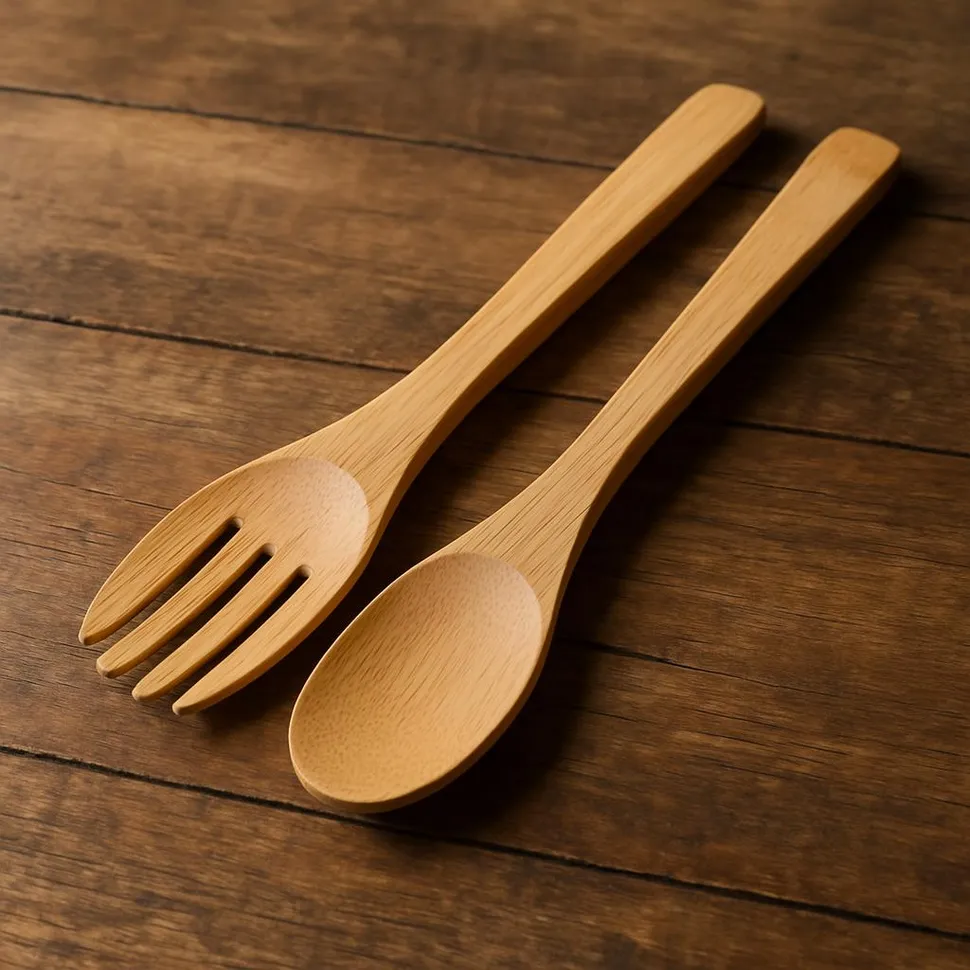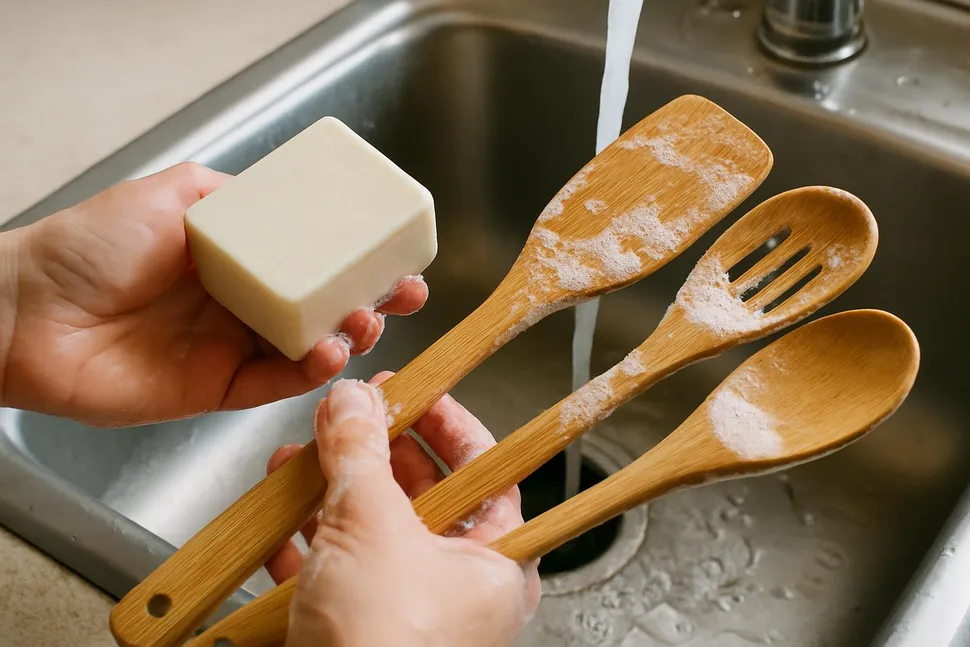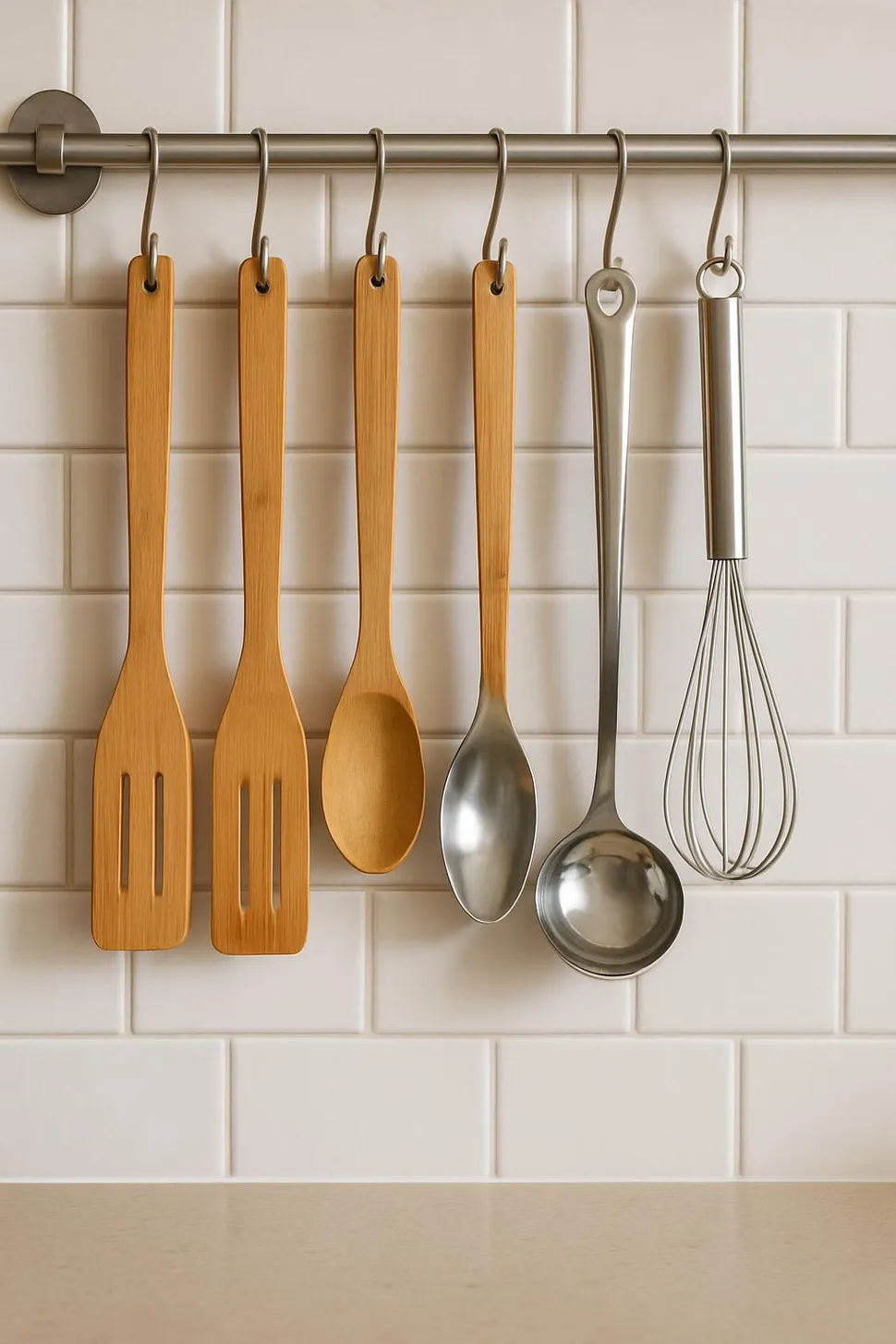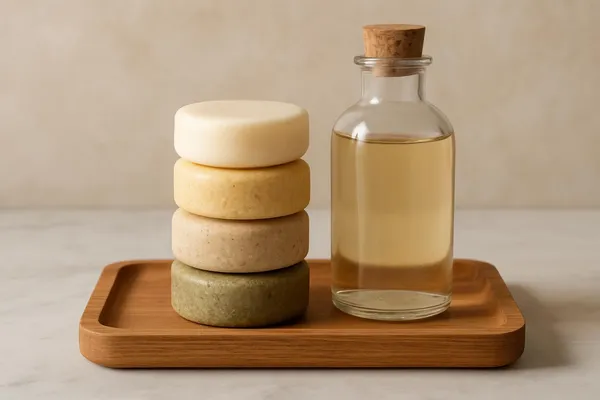Ever opened your kitchen drawer only to be greeted by a tangle of plastic spoons and melted spatulas with mystery scorch marks? You’re not alone. A cluttered utensil drawer isn’t just inconvenient—it often holds sneaky environmental villains that stick around long after we’re done using them.
The good news? It’s never been easier (or more stylish) to give your culinary tools an earth-friendly upgrade! Whether you’re a gourmet guru or a microwave meal master, this guide is your one-stop shop for ditching plastic in favor of durable, sustainable alternatives.
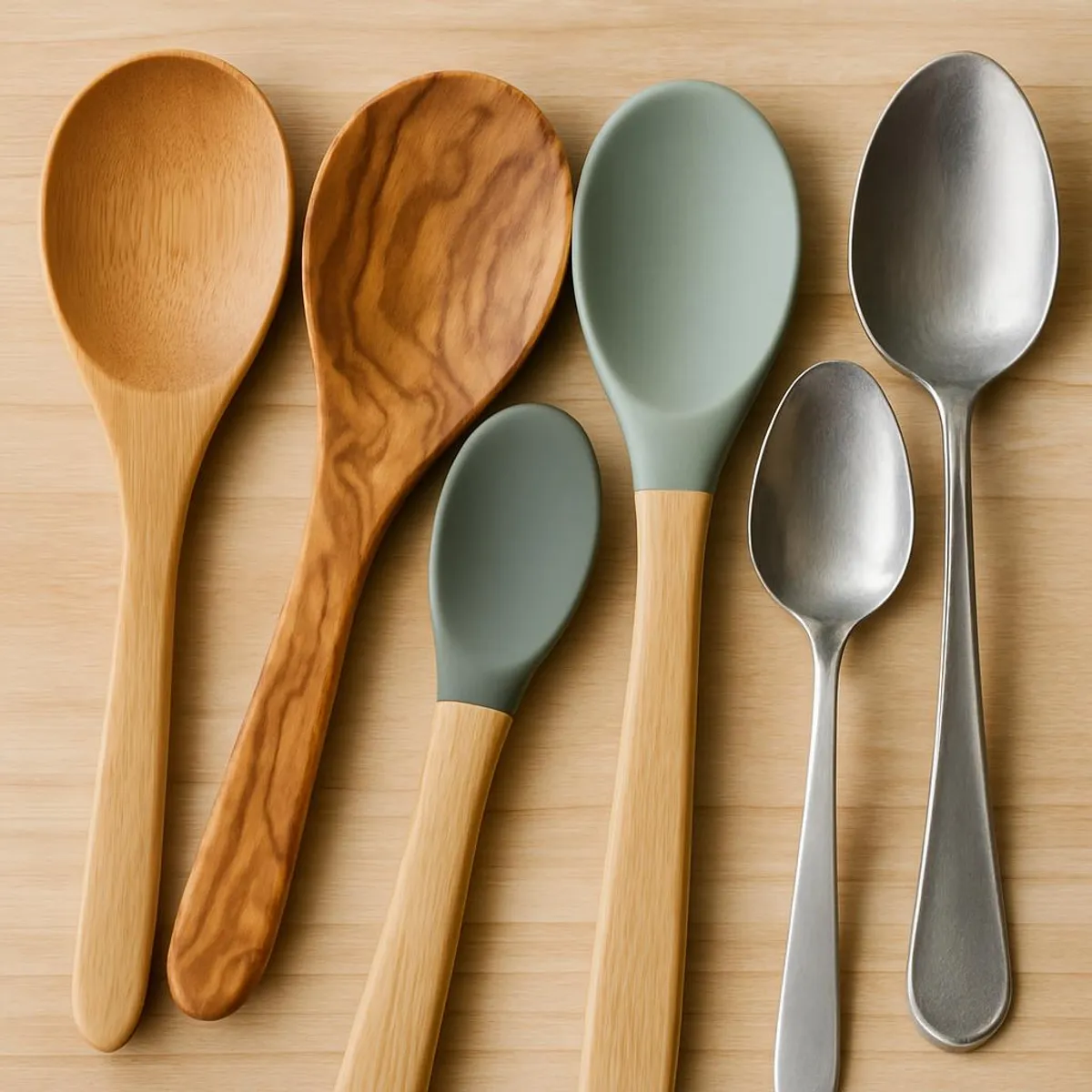
Plastic utensils may seem harmless, but they break down over time—both in quality and in microplastic pollution. Frequent cooking exposes them to high heat, which can release toxins and wear them out faster. That’s not great for you, your food, or the planet.
Let’s change that with kitchen companions that are safer, longer-lasting, and so lovely, you’ll want to leave them out on display.
🧺Tip: One Drawer at a Time
Decluttering your whole kitchen can feel overwhelming. Instead, tackle just one drawer or utensil holder. Replace anything cracked, stained, or plastic with purpose and intention.
1. Bamboo: The MVP of Eco Utensils
Lightweight, compostable, and naturally antibacterial—what’s not to love?
Popular bamboo utensils:
- Mixing spoons
- Salad tongs
- Slotted turners
- Chopsticks
They don’t scratch your cookware and tend to last for years with proper care (hint: handwash, always!). Since bamboo regenerates quickly without the need for pesticides, it’s a win-win for your cooking and the environment.
Looking to build out a full eco-toolset? Bamboo sets provide amazing value and are ideal for beginners making the switch.
2. Silicone: Not Just for Baking Anymore
If your culinary style includes flipping pancakes or sautéing veggies, silicone is your bestie. Made from sand-derived silica, it’s flexible, non-toxic at high temps, and easier to clean than your guilty-conscious.
Eco-friendly silicone stars:
- Spatulas
- Pastry brushes
- Tongs with silicone grips
- Baking mats (replace single-use parchment paper ❤️)
Check out our full rundown in Greener Clean: DIY Eco-Friendly Cleaning Products for Every Room for keeping your utensils fresh without chemical cleaners.
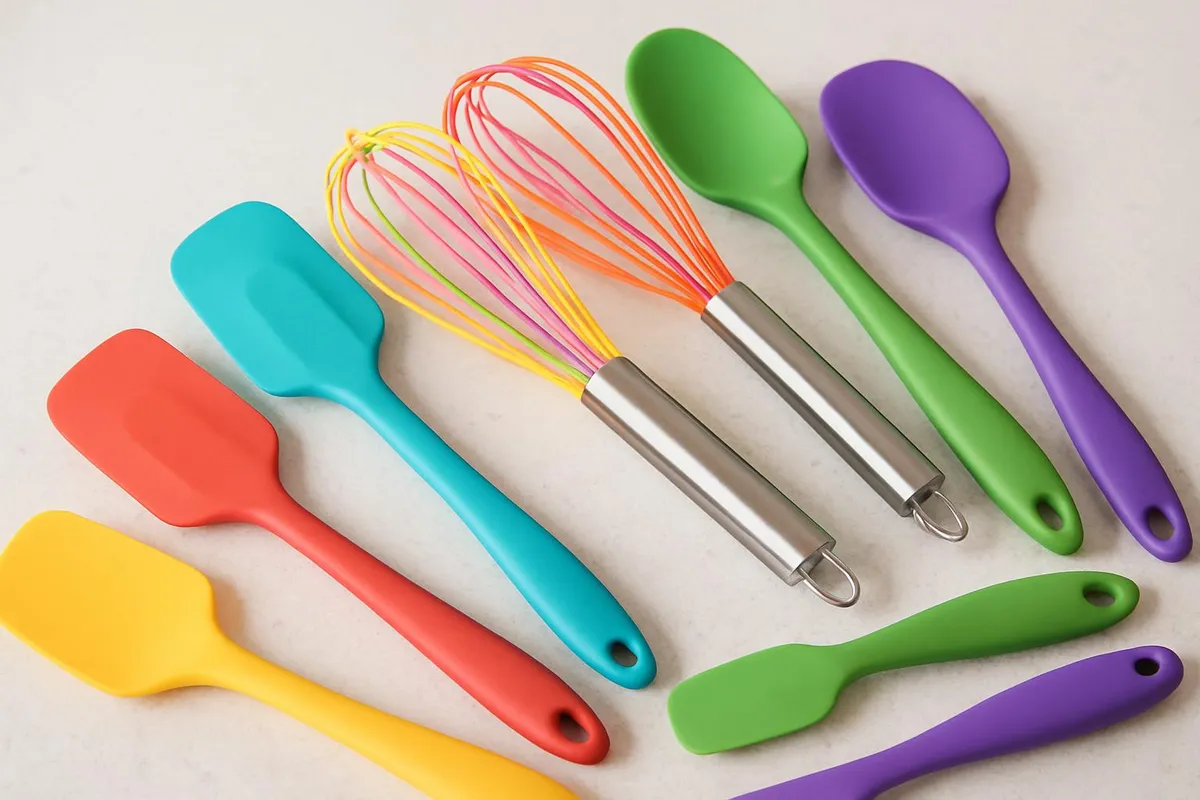
3. Stainless Steel: Built to Last a Lifetime
Remember that OG metal whisk your mom had in the drawer forever? There’s a reason it’s still around—stainless steel lasts for decades and is infinitely recyclable.
Best in stainless:
- Measuring cups/spoons
- Whisks
- Vegetable peelers
- Graters
Not only do these feel great in the hand, but they also clean up effortlessly. Opt for pieces with wooden or silicone handles to avoid heat transfer or slippery grips.
🌱Care Tip:
Avoid harsh dishwasher detergents! Wash stainless steel by hand to extend life and preserve shine.
4. Glass: Not Just for Jars
People often forget about glass for the kitchen—except for storage containers—but it’s a fabulous option for measuring cups, mixing bowls, and even citrus juicers.
The transparency helps you track ingredients easily, plus glass is non-porous and doesn’t absorb odor, flavor, or bacteria.
Ready to go all-in on plastic-free storage too? Check out our guide to The Ultimate Guide to Choosing and Using Reusable Water Bottles for similar habits in hydration.
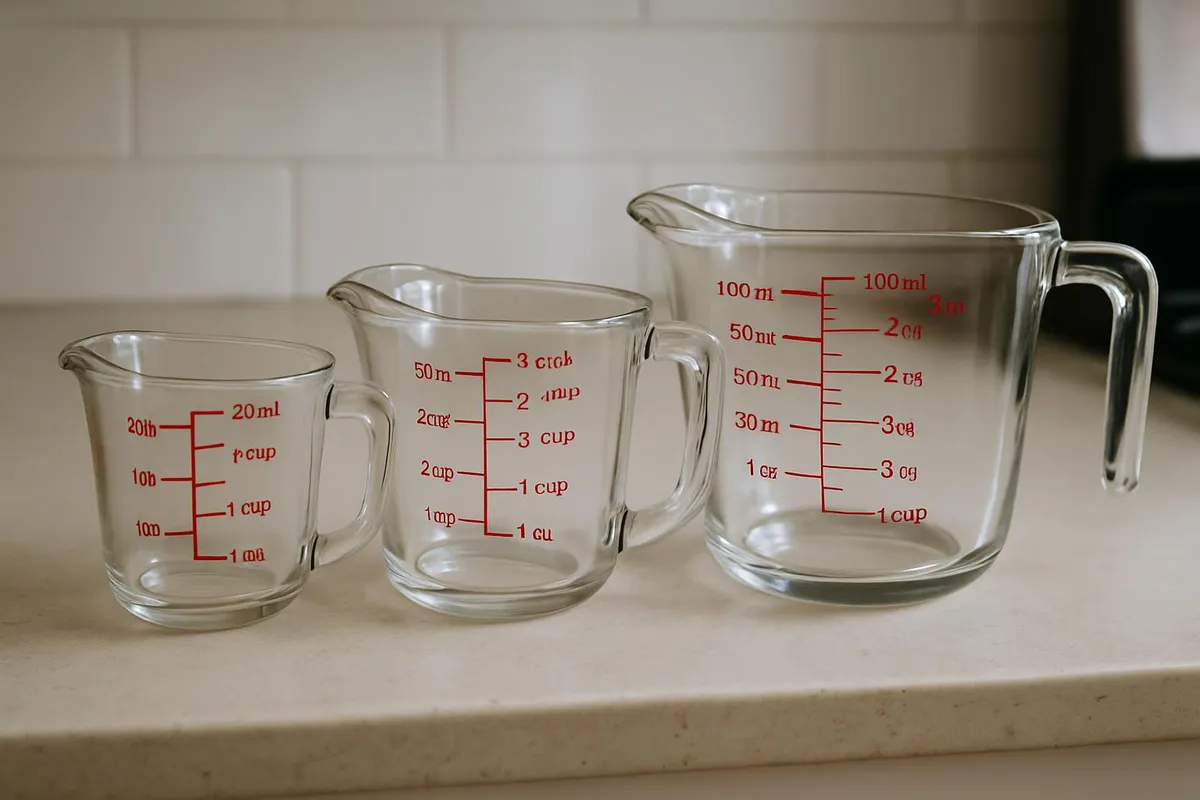
5. Sustainable Sets to Start With
Looking to upgrade quickly without splurging? Here are some beloved (and affordable!) starter kits you can find on Amazon:
- Natural Home Brands Bamboo Utensils Set – Includes mixing spoons, fork, and spatula. Inexpensive, compostable, and smooth as butter.
- Stainless Steel Measuring Set by Newstar – All the cups and spoons you need, on a single ring.
- Silicone Baking Essentials Starter Kit – Heat-resistant spatulas, whisks, and pastry brush in playful colors.
🛍️Chloe's Pro Tip 💚
When buying on Amazon, look for brands that ship plastic-free (check the Q&A or reviews). Some even use compostable Kraft paper and reusable cotton bags!
How to Care for Eco-Friendly Utensils
Making the switch is only step one—preserving your tools matters too. Here’s how to show your sustainable tools some love:
- Bamboo & wood: Handwash only, dry fully after use. Use mineral oil occasionally to prevent cracking.
- Silicone: Dishwasher safe, but use a dry towel wipe on greasy edges to keep them spotless.
- Stainless steel: Avoid acidic dish soaps. Polish with baking soda paste if scratches arise.
- Glass: Handle gently—especially when wet! No thermal shock (don’t go freezer-to-oven).
DIY Utensil Holder Ideas (Because Cute Storage Counts)
Now that you’ve got gorgeous gear, let’s make sure they shine. Here’s how to organize your new tools sustainably:
- Reuse old mason jars as countertop displays
- Wrap an upcycled tin can in jute twine for rustic vibes
- Cut a section of thick bamboo stem as a natural storage cup
- Repurpose ceramic mugs—mix and match is encouraged!
You’ll find even more creative reuse projects in The Art of Repurposing: From Wine Bottles to Garden Décor.
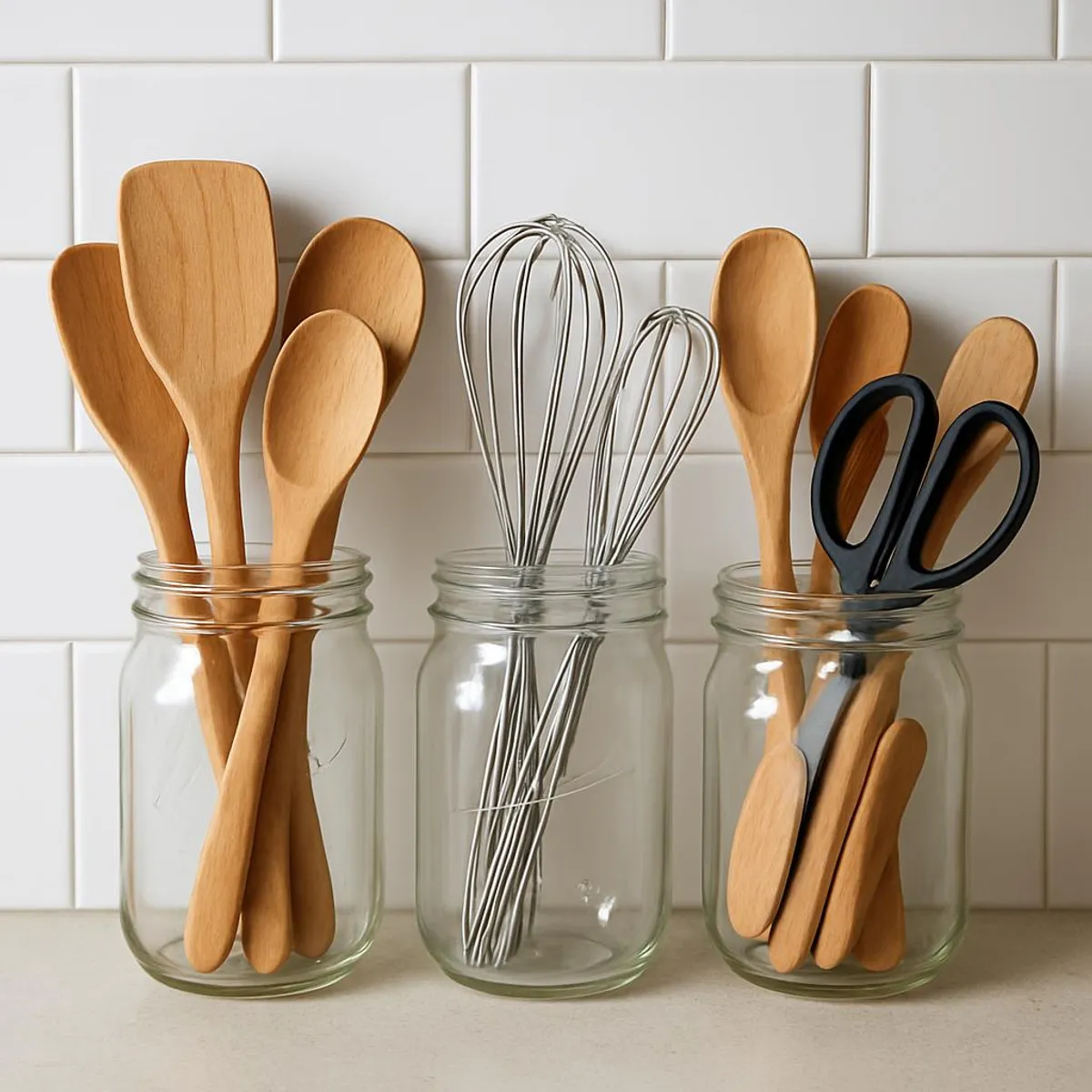
🥄Share Your Eco Kitchen Wins!
We LOVE seeing your beautiful, plastic-free kitchens. Tag us on Instagram @mysimple.life.official and use #MySimpleKitchen so we can cheer you on and share your tips!
Upgrading your kitchen drawer doesn’t require a massive lifestyle overhaul—just a swap here and there as your current tools wear out. Replacing plastic with warm bamboo, sleek stainless steel, and glass beauties can turn an everyday chore into a moment of joy. That’s the magic of conscious choices: they ripple outward, one sustainable stir-fry at a time. 🍳💚
